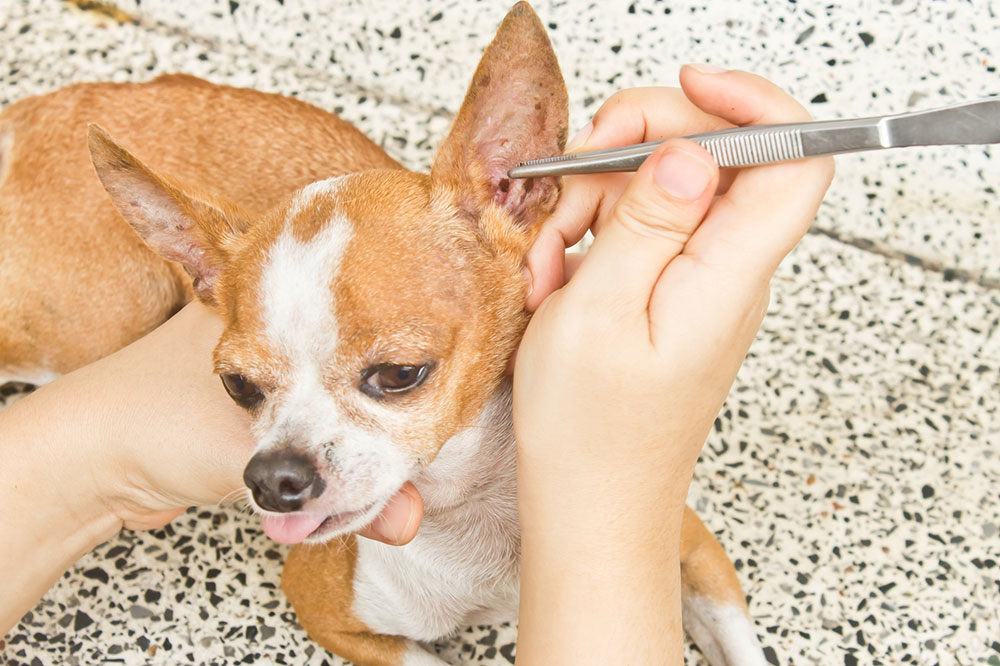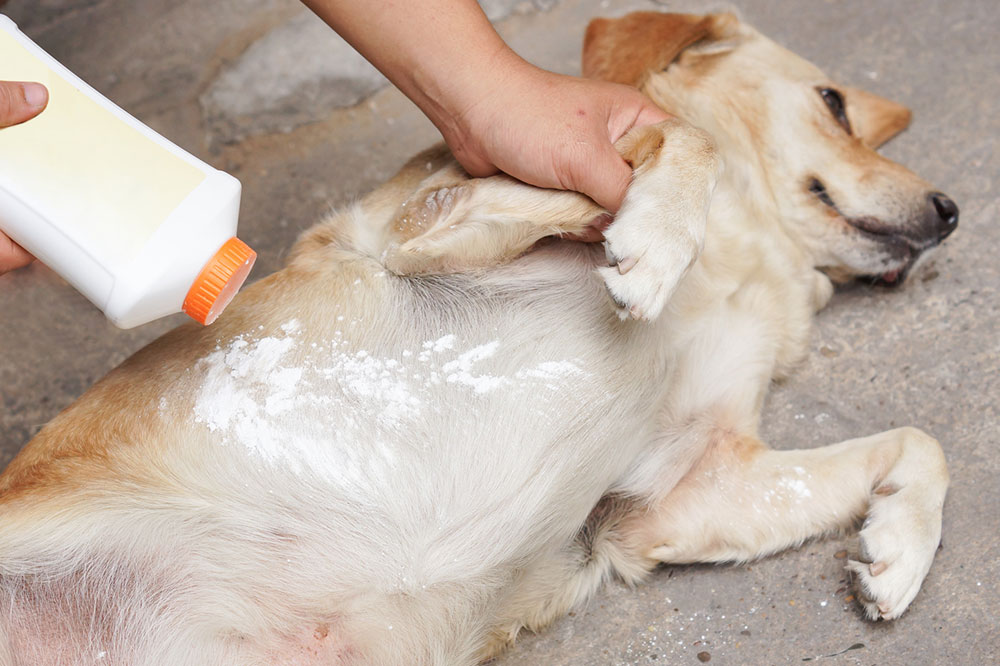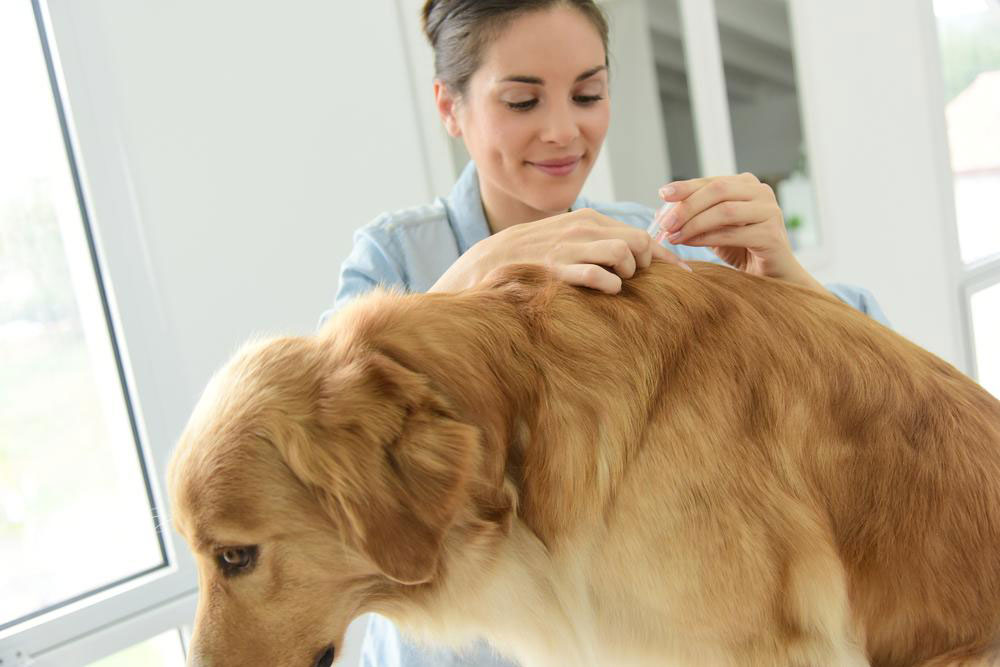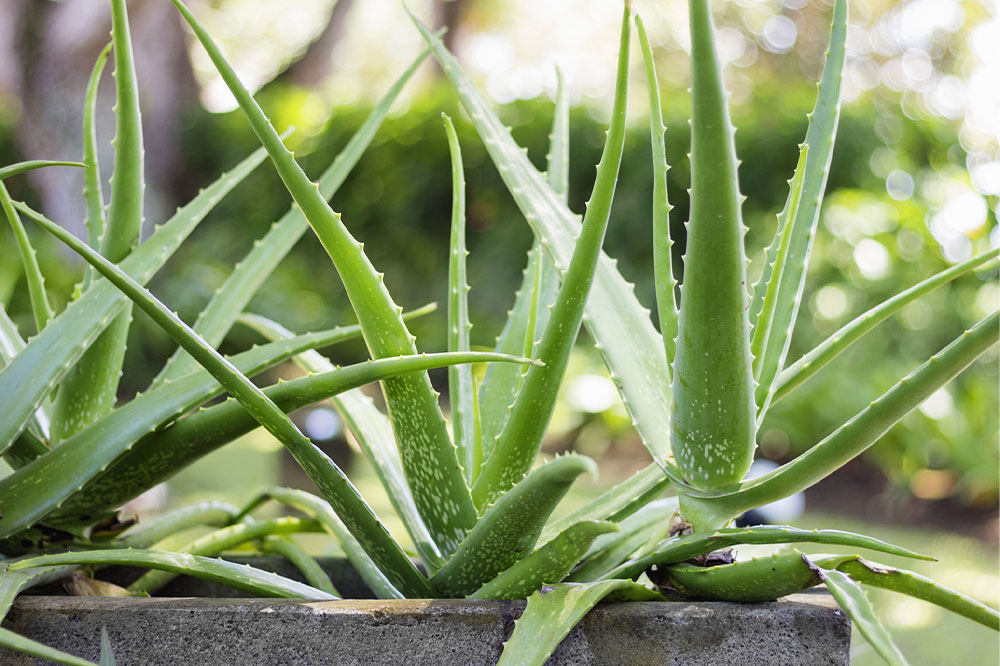Effective Natural Solutions to Repel Fleas Safely
Discover safe and effective natural methods to repel fleas from your home and pets. From vacuuming and steam cleaning to citrus and herbal remedies, these solutions provide a gentle alternative to chemical treatments. Always consult your veterinarian before trying new methods to ensure pet safety and optimal results.

Flea infestations pose a significant challenge for pet owners. Luckily, various natural methods can help keep these pests at bay without risking toxic reactions. While chemical sprays work instantly, they may contain harmful substances affecting pets' health. Natural remedies offer a safer alternative that is both effective and gentle. Here are some proven natural flea repellents that you can try at home.
Vacuum and Steam Treatment
Regularly vacuum your furniture, carpets, and floors to pick up fleas and their eggs. Enhance this by steam cleaning to ensure deep elimination. For added efficacy, sprinkle salt over affected areas and let it sit for several hours before cleaning.
Citrus Extracts
Citrus peels contain linalool and D-limonene compounds that repel fleas. Rub the peels over your pet’s coat and around infested areas, then rinse after some time. Note: Some pets might have reactions; test carefully first.
Apple Cider Vinegar
A safe, natural option that deters fleas by creating an environment unfriendly to them. Mix six cups of vinegar with water and a pinch of sea salt, then spray onto your pet’s fur. Always consult your veterinarian before use.
Sulfur Applications
Sulfur naturally repels fleas and can be used in small quantities either added to your pet’s diet or sprinkled onto surfaces. Avoid excessive amounts to prevent toxicity.
Herbal Sprays
Natural sprays containing peppermint or rosemary can be effective. However, always monitor your pet’s reaction, as some animals may be sensitive to these herbs.
Note: This article provides general guidance on natural flea repellents. Consult your veterinarian for personalized advice before applying any treatments, especially if your pet has allergies or health concerns.










